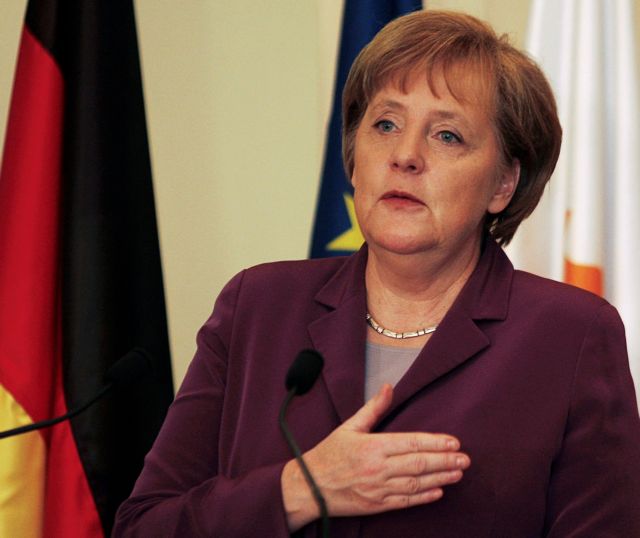
Journalist and publisher Stefan Hebel has been following Angela Merkel’s career since its inception – her work has at times received harsh criticism not only in his articles but also in his books. In an article in the Frankfurter Rundschau, he attempts a flashback to the “myths” that frame her career, with references to Greece as well. Regarding the characterization of “convinced European”, and asking the question “for which Europe is the current chancellor so convinced? As is often the case with Angela Merkel, there are two answers to this question.”
According to the journalist, one answer comes from the conservative side and claims that this chancellor harmed, if not considered to have betrayed, German interests, while the “aid programs” for Greece and other countries that “have not done their homework” “was a waste of money”. The second answer seems to be closer to the truth: “Loans, which have been wrongly labeled as ‘aid’, bond purchases and common lending in case of emergency: These are all repairs made in the midst of despair. They serve to maintain a Union that is more like an arena of competition between nation states than a community of solidarity – and especially for the benefit of Germany.”
He added: “Germany, with its strong export economy and strong currency, already had good prospects for the start of the euro. It has now become even easier to sell “Made in Germany” all over Europe. Countries such as Spain and Greece, however, lost their strongest weapon in the face of an excessive number of imports: the devaluation of their currencies, which made the import of high-quality goods even more expensive, facilitated their own exports, thus improving the trade balance. They now buy German products in euros and often on credit. Germany created irregular export surpluses, which were fueled by the deficits of others – and then blamed others for their debts. Certainly there have been serious political mistakes in Greece, as elsewhere. But the structural inadequacy lies precisely in the system from which Germany has benefited for so long.”
Hebel also jokingly referred to the chancellor’s refugee policy: “Today the rules for asylum seekers are stricter than ever. The principle still prevails today that people who manage to cross the Mediterranean must live in the miserable Greek refugee structures. Today, Turkish authoritarian leader Recep Tayyip Erdogan is raising billions to keep refugees away from the EU. Angela Merkel once said a nice phrase, which could have become the motto of this project [the refugee issue]: “We will succeed”. But in the end it did not stand up to its own proposal.”
The tones are rising in the run-up to the elections
Handelsblatt, referring to the third and final debate before the polls open, likens Germany to a boat in a stormy sea: “What a time when Angela Merkel could still do politics with the box office full. Tempi passati. Seven years later, the candidate chancellors must tell the world the truth: The Federal Republic is like a boat in the wild ocean, with two huge ships coming at it. One reads “USA” in capital letters and the other “China”. However, the boat is not only faced with the rising waves, but it must be careful not to fall on the huge ships, which with their huge propellers shake the sea even more “.
Pre-election “will” and promises
The Süddeutsche Zeitung comments on the latest debate of the German candidates in an article, asking the question: What can politicians really promise in the run-up to the elections – and when should they be limited to statements of intent? Taking into account the statement of Olaf Solz about the increase of the minimum wage, it comments:
“One of the prejudices in relation to politics is that one promises a lot in the run-up to the elections, but then does not fulfill these promises. And that was absolutely and always wrong, but in part it is because people forget: Programmatic reasoning – and therefore often includes expressions such as “we want” – can only be a statement of intent. And so it remains, at least as long as the party that declares these intentions does not achieve an absolute majority and therefore must compromise with the intentions of other parties-partners of a coalition. It’s like all other things in life: One has to be mindful of what one promises.”
Latest News

FM Gerapetritis Calls for Unified EU Response to Global Crises at EU Council
"Europe is navigating through unprecedented crises — wars, humanitarian disasters, climate emergencies," he stated.

Holy Week Store Hours in Greece
Retail stores across Greece are now operating on extended holiday hours for Holy Week, following their Sunday opening on April 13. The move aims to accommodate consumers ahead of Easter, but merchants remain cautious amid sluggish market activity.

Green Getaway Ideas for Easter 2025 in Greece
Celebrate Easter 2025 in Greece the sustainable way with eco-farms, car-free islands, and family-friendly getaways rooted in nature and tradition.

Civil Protection Minister Details Summer Firefighting Plans at Delphi Forum
At the 10th Delphi Economic Forum, Minister of Climate Crisis and Civil Protection Yiannis Kefalogiannis discussed Greece's plans for the upcoming fire season.

How Shops and Markets Will Operate During Easter Holy Week
The Easter holiday schedule has been in effect since April 10, with retail stores open Palm Sunday, and most supermarkets also operating to meet consumer demand for Easter shopping

Why Is the French Aircraft Carrier Charles De Gaulle in Piraeus?
Docking in Piraeus after a four-month deployment in the Indo-Pacific region, the admiral of the aircraft carrier the Charles de Gaulle says, "Greece is our best partner in the Mediterranean."
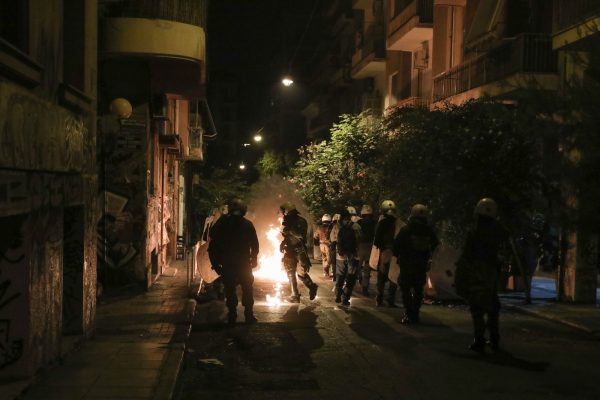
Riots and Vandalism in Downtown Athens Exarcheia Region
Night of unrest in downtown Athens' region of Exarcheia – 11 Cars Burned, 72 Detentions
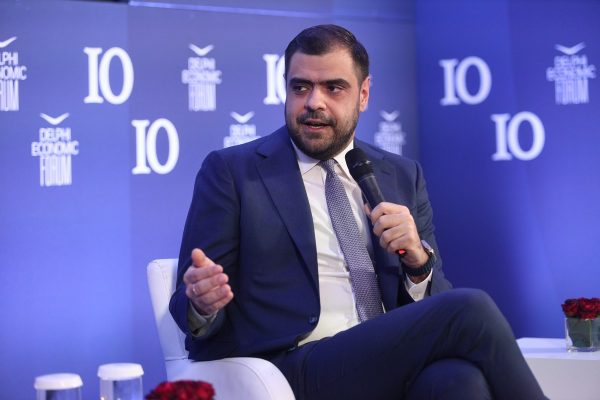
Truth Team: Is the PM and his team telling the truth, the whole truth and nothing but the truth?
The Greek government spokesman noted that "a private individual received payment from other private individuals, and for some people this is a horrifying revelation."

Mayor of Athens Announces Strategy to Address Housing Crisis
Athens Mayor Haris Doukas outlined a series of municipal interventions aimed at tackling the housing crisis during a public event co-hosted with the University of Athens
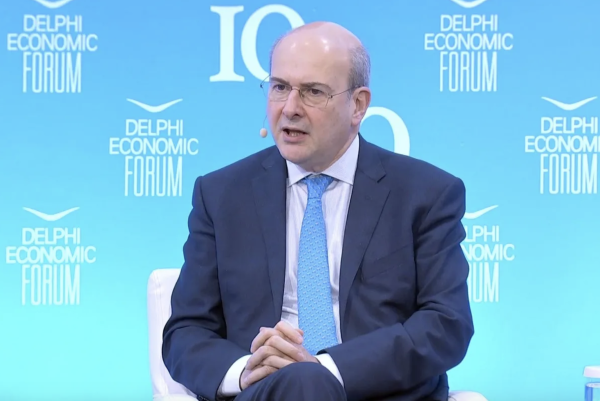
Hatzidakis at Delphi Forum: Train Reform Bill to Cabinet on April 28
The Deputy Prime Minister stated that a draft bill concerning the Hellenic Railways Organization (OSE) will be brought before the cabinet on April 28




























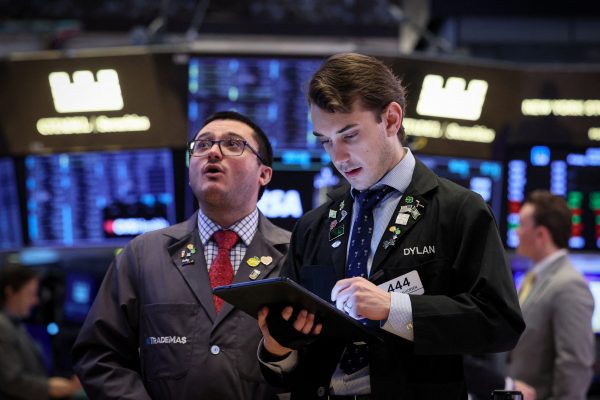


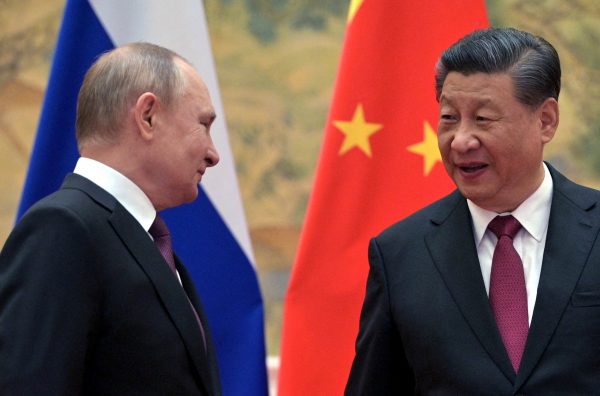


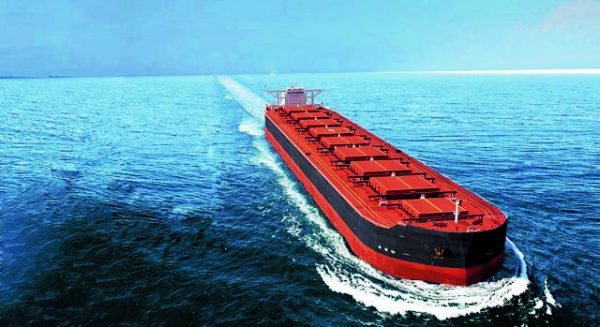



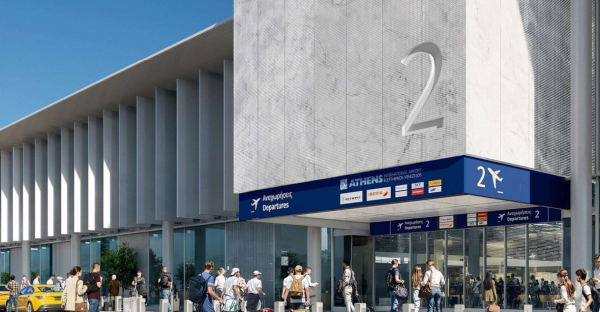
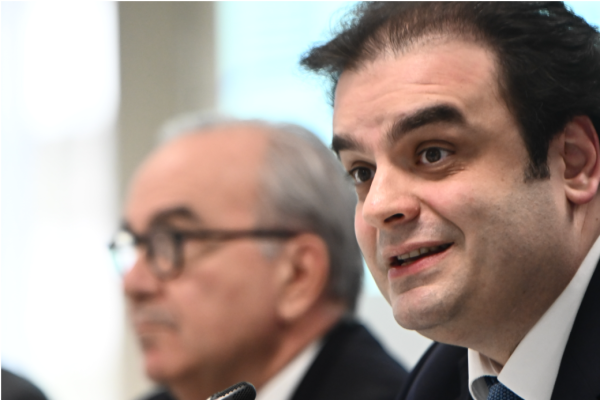

 Αριθμός Πιστοποίησης
Αριθμός Πιστοποίησης